Drug Addiction Treatment
A lot of people are affected by drug abuse, but effective treatment can help you regain control and build a healthier future. Understanding your options in rehabilitation is a first step in treatment and recovery. Many people think they have to cope alone, but different types of drug addiction treatment can match your needs.
You are not alone if you find this all overwhelming. Professional help is available from charities, the NHS, and private services, allowing you to find support that best suits your situation.

Take the First Step Towards Recovery
Steps Together offers personalised support and proven treatments, providing the care, guidance and encouragement you need to move forward with confidence and build a healthier future.
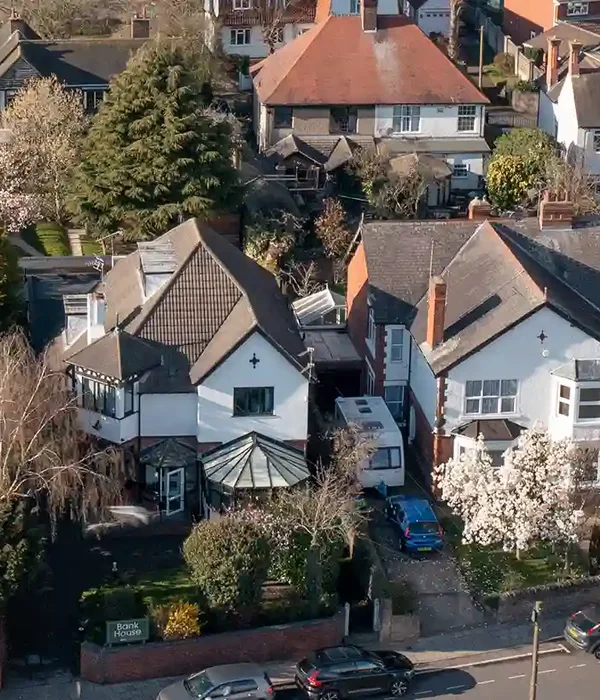
Understanding Drug Addiction
Drug addiction is a condition that can take over someone’s life, affecting their relationships, health, and sense of control. What often begins as occasional use can grow into a pattern where drugs become the main focus, pushing aside responsibilities and personal well-being.
Addiction changes the way people think and behave, often leaving them trapped in cycles of craving and use. By acknowledging these challenges and reaching out for professional support, recovery becomes possible, and new paths forward can be found.
An Overview of Substance Use Disorder
Substance use disorders are a group of conditions that show as problematic use of drugs or alcohol. With these disorders, you might spend most of your time thinking about, seeking, and using drugs. You may suffer mental and physical health consequences, but they will do little to dissuade your drug use.
While drug addiction is the most well-known, substance use disorders also include alcohol and some prescription medications. These disorders can affect your mental, physical, and social health. Getting help early often leads to better outcomes.
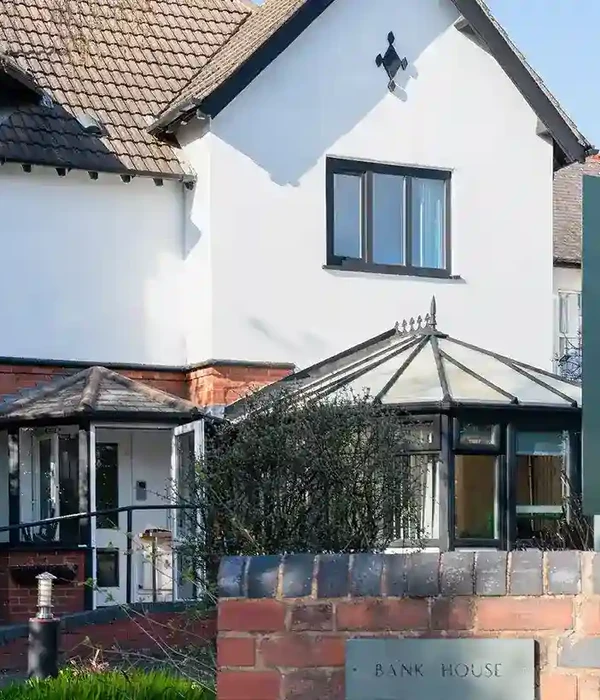
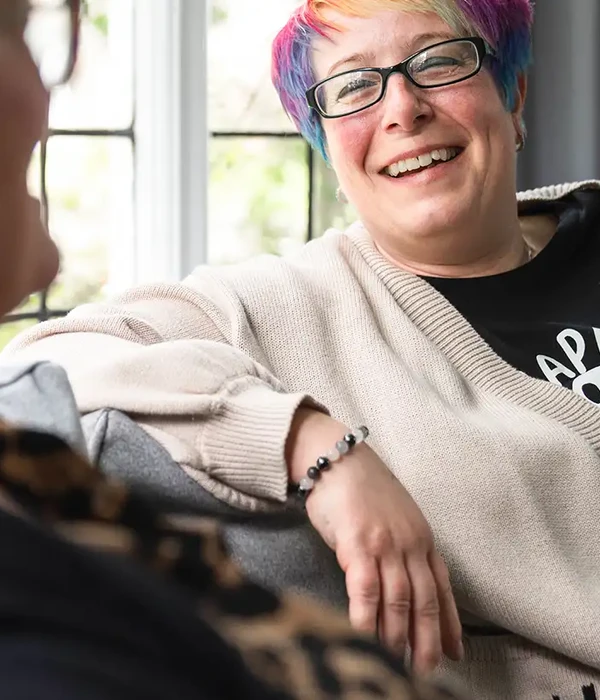
Mental Health Disorders and Addiction
Mental health conditions, like depression or anxiety, often co-occur with addiction. This is sometimes called dual diagnosis. Having both problems at the same time can make each one feel more difficult to treat.
You might turn to drugs as a way to cope with difficult feelings or stressful situations. This can then increase your risk of addiction. On the other hand, drug use itself can trigger or worsen mental health problems.
Drug Addiction Treatment Options
Drug addiction treatment involves a range of methods that suit different needs and situations. Getting the right type of support, whether medical, psychological, or social, can help you stop drug use and manage withdrawal symptoms.
Drug Detox and Withdrawal Management
Detoxification helps you safely clear drugs from your body. This step usually happens at the start of a drug addiction treatment programme and is followed by other forms of support. Withdrawal symptoms can be mild or severe, depending on the drug used and your health.
During the process, you may experience withdrawal symptoms, which may include shaking, nausea, anxiety, and sweating. In some cases, symptoms can be severe and require medical attention. Doctors and nurses supervise detox programmes to monitor your health during the process. Sometimes, medicines are given to help manage pain or cravings.
Inpatient Drug Rehab
Inpatient or residential treatment programmes mean you stay at a rehab centre for a set time. These centres provide a structured and drug-free space with 24-hour care from medical and support staff.
Inpatient rehab often suits people with severe addiction, those at risk of relapse, or anyone with other health problems. Programmes may last anywhere from a few weeks to several months. While there, you may participate in individual or group therapy, health checks, and learn new skills.
Medication-Assisted Therapy
Some drug addictions, such as heroin and other opioids, respond well to medication-assisted therapy. This approach uses prescription drugs to reduce cravings and withdrawal symptoms, making it easier to stop using.
Common medicines include methadone and buprenorphine. These drugs work by acting on the same brain areas as opioids but cause less harm. This helps you regain control and lowers your risk of overdose, especially with stronger drugs like fentanyl.
Outpatient Treatment Programmes
Outpatient drug addiction treatment means you continue to live at home but attend regular sessions at a clinic or treatment centre. This option can fit around your work, school, or family life. It is often used for less severe addictions or as a follow-up after inpatient care.
Outpatient drug treatment typically includes weekly or daily appointments for counselling, group therapy, and drug tests. Staff will help you understand your triggers and build strategies to avoid relapse. Intensive outpatient programmes may require more frequent visits and extra support.
Services that our multi-speciality addiction rehabilitation centres offer
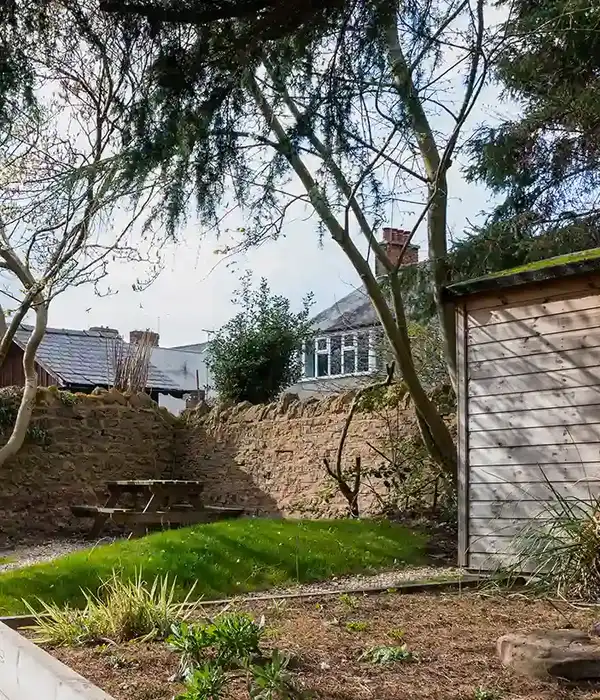
Therapeutic Approaches for Drug Use
Treatment for drug addiction typically involves a combination of therapeutic approaches tailored to your individual needs. This may include behavioural therapies, counselling, medication, and support groups. Professional guidance helps address the underlying causes of addiction, while peer support offers encouragement and shared experience.
Your personal commitment and active participation are also key to making progress. Recovery is a gradual process, and with the right support system and treatment plan, many people are able to regain control and build a healthier, more stable life.
Therapeutic Approaches
Individual therapy plays a vital role in drug addiction treatment. It offers a focused space to explore and change the personal habits and thought patterns that contribute to substance use. One of the most effective approaches used is Cognitive Behavioural Therapy (CBT), a structured talk therapy that helps you understand how your thoughts influence your behaviour.
Group therapy allows you to share your experiences with others who face similar challenges. Family therapy includes your loved ones in your recovery. It focuses on improving family communication and fixing conflicts. Families learn about addiction and how best to support themselves.

Recovery and Relapse Prevention
Relapse is a common part of addiction recovery, with studies showing between 40-60% of individuals may experience a relapse after treatment. This does not mean treatment has failed, but highlights the importance of a strong prevention plan. It is important to accept that setbacks can happen, but you can prepare and respond in healthy ways.
Long-term treatment does not end after initial rehab or therapy. Continued support is crucial for lasting recovery. Aftercare may include group meetings, counselling sessions, and regular check-ins with a recovery coach or sponsor. Support groups like Alcoholics Anonymous and Narcotics Anonymous use the 12-step recovery model, which can help in long-term recovery.
Drug cravings are a normal part of recovery and can be intense at times. You should learn and use coping mechanisms to manage them safely. Effective coping mechanisms include distraction, breathing exercises, meditation, and muscle relaxation, which lower stress and reduce urges.
Holistic and Personalised Treatment
Drug addiction requires a mix of different methods because people’s needs, backgrounds, and health conditions are different. While some treatments focus on your mind or body, others support your overall well-being, and the best results often come from combining these methods.
Holistic Treatment Approaches
Holistic treatment looks at you as a whole person, not just at your addiction. This includes your physical health, mental health, emotions, and lifestyle. Common holistic therapies are yoga, meditation, art therapy, and nutrition advice.
You may also participate in group activities or outdoor therapy to help reduce stress. These approaches can help with underlying issues like anxiety or trauma that may contribute to addiction. Holistic treatments are most effective when combined with traditional therapies. They aim to help you find balance and boost your motivation to maintain a healthy lifestyle.
Lifestyle Changes
Lifestyle changes play a major role in recovering from drug addiction. Building a structured routine can reduce stress and minimise your exposure to triggers. Regular exercise, balanced nutrition, and proper sleep help restore your physical and mental health. Developing healthy coping skills through therapy or mindfulness can support your emotional stability.
Replacing old habits of drug use with new, meaningful activities, such as volunteering, creative hobbies, or education, can provide purpose and distract you from your cravings. Strengthening relationships and setting healthy boundaries also creates a more supportive environment, making it easier for you to stay focused on your long-term recovery goals.
Evidence-Based and Tailored Treatment Plans
Evidence-based treatment options are therapies that have been proven through scientific research to be helpful for addiction. These include cognitive behavioural therapy, medication, and one-to-one counselling.
A tailored treatment plan is developed to fit your specific situation. For example, someone with a gambling addiction will need different support than someone with alcohol dependence. Tailored plans can adjust as your needs change during recovery.
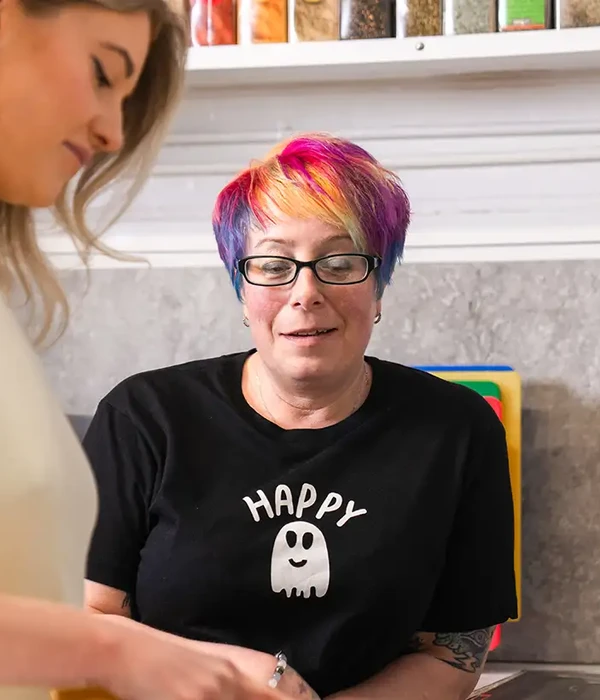
Get Help and Find Effective Treatment
There are several effective ways to treat drug addiction, including therapy, medical care, and community-based support. Recovery is often a long-term process, and ongoing help from multiple resources is usually needed to maintain progress and prevent relapse.
At Steps Together, we offer professional, compassionate drug addiction treatment tailored to your needs. Whether for you or a loved one, our team is here to support you through every step of the recovery journey, helping you build a healthier, sober life.
Frequently Asked Questions
What are the most effective methods for treating substance dependence?
Treatments for substance dependence work best when they are tailored to your needs. Common options include behavioural therapies, counselling, and medication. Residential and outpatient programmes provide safe spaces for recovery.
What role do counselling and therapy play in the treatment of addiction?
Counselling and therapy help you understand your addiction and learn coping skills. These services also address other concerns, like anxiety or depression, if needed. Both individual and group sessions provide an opportunity to discuss your feelings, triggers, and goals.
Can medication assist in the recovery process from substance abuse, and what types are commonly used?
Medication can help treat certain types of addiction, such as opioid or alcohol dependence. These drugs may ease withdrawal symptoms, reduce cravings, or block the effects of the addictive substance. Common medications include methadone, buprenorphine, and naltrexone.
Is it possible to fully recover from addiction, and if so, how long does recovery typically take?
Yes, recovery is possible. However, the duration depends on the individual and the substance involved. Recovery does not always mean a complete cure, but managing addiction is achievable with the right treatment.
How do detoxification programmes aid in addiction treatment, and are they safe?
Detoxification, or detox, removes drugs or alcohol from your body in a supervised setting. This is often the first step in treatment. Detox alone does not treat addiction, but it helps manage withdrawal symptoms and prepares you for therapy.
What support systems are available for individuals struggling with addiction after initial treatment?
After initial treatment, support continues through follow-up appointments, self-help groups, and community programmes. Support groups provide a network of peers who understand your experiences. Family, friends, and health professionals can also be a steady source of encouragement.





